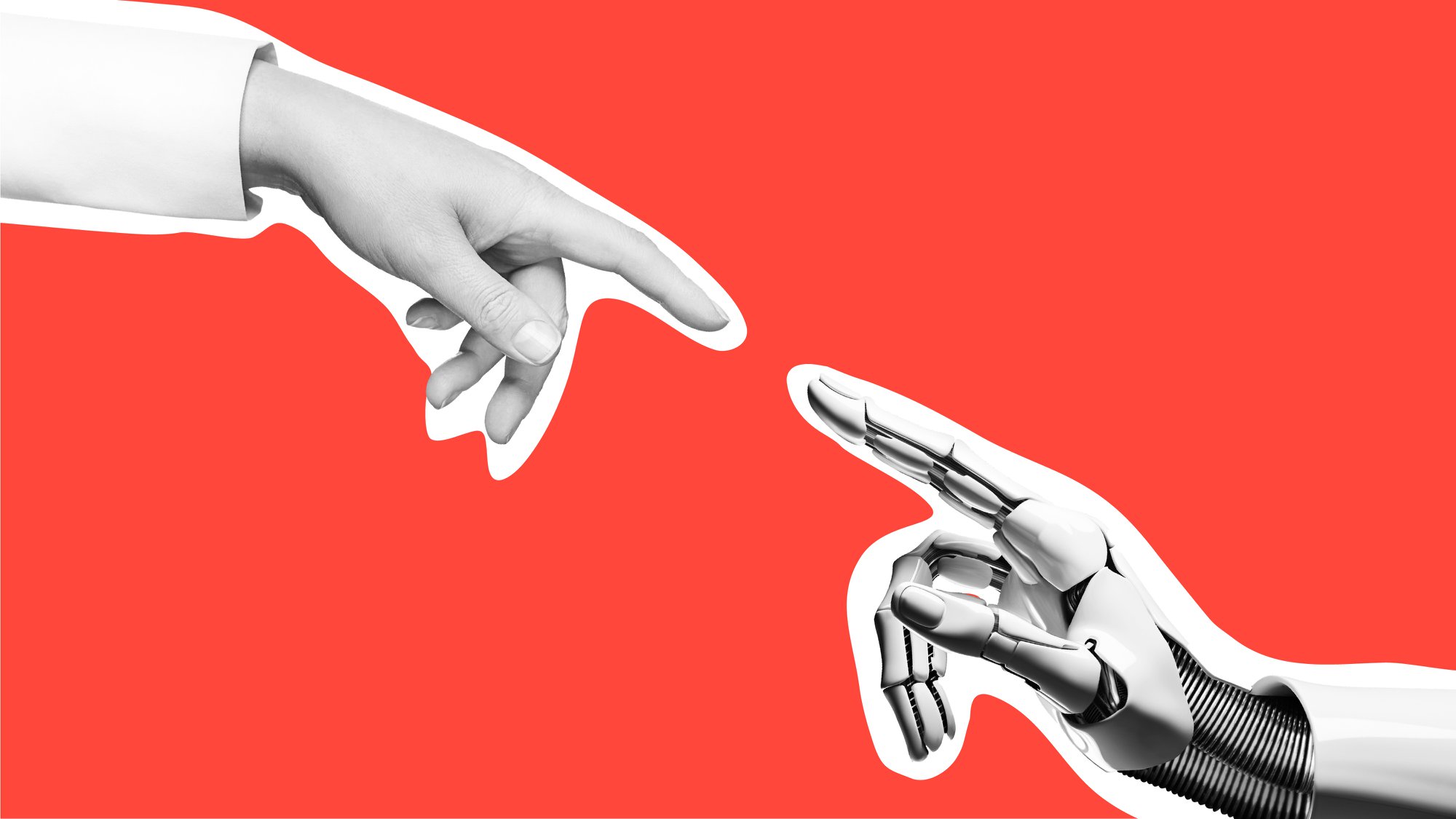Being funny increases your effectiveness. (We’re not joking).

It’s one of the most serious questions to consider: should you be funny at work?
If a brand or leader gets it right, then the evidence shows they’re more likely to develop relationships with customers and colleagues that matter.
Yesterday, we were delighted to have Zara Janjua join us (and many of our excellent clients), for this month’s ‘Talks With The Team.’ Zara is an author and columnist; a documentary film maker; presenter; facilitator and – comedian. She’s been short-listed for and won numerous awards and deserves every one of them! We’re thankful for knowing her.
And so, we all wondered, should I be funny at work (and will it increase my effectiveness?)
As an agency, it’s a nightmare. We love being funny at work, but when it comes to being funny with and in our work, we’re far more guarded.
For many of the brands we work with – especially global brands where humour isn’t seen to travel well – the use of humour is a no go. Many clients think, ‘why risk it?’
And yet, we go home and watch endless repeats of Friends; we watch films like Toy Story, Paddington and marvel at the wit of Peter Kay. So, if we’re great humour consumers why don’t we embrace it at work?
It’s not just because humour is hard to pull off, it’s because it’s potentially dangerous.
One of my earliest lessons in comedy (and I am by no means a comedian) was watching a play called The Comedians by Trevor Griffiths.
In the play, an experienced comedian tries to teach a class of aspiring comedians the art of funny business. At one point, he picks up on one of his student’s misogynistic ‘jokes.’ He warns the class with the following observation:
“There’s very little that won’t take a joke. But when a joke bases itself upon a distortion – a stereotype perhaps – and gives the lie to the truth so as to win a laugh and stay in favour, we’ve moved away from a comic art and into the world of cheap entertainment and slick success… You’re better than that, damn you. And even if you’re not, you should bloody well want to be.” (See timestamp 16:04 in the link shared above).
And when you think about it, we see this far too often on our screens – lies dressed up as jokes to gain laughs, and then passed off as experiments in exploring the truth. It’s lazy.
This may all make you think that you definitely won’t try to be funny at work – or in your work. But perhaps that is because we’re overreaching.
In her talk, Zara pointed us towards 4 humour types developed by Dr Jannifer Aaker and Naomi Bagdonas. The model shared suggests 4 humour types: magnet, stand-up, sweetheart and sniper (this last one is by far the hardest to pull off).

A few brands manage it well. Brands like Paddy Power manage the sniper, and Innocent and Oatley fulfil the sweetheart in their copywriting.

The four types of humour can also be used by you, the regular human being. Try this test and see which one you are.
And experimenting with humour in your professional relationships and personal life is worth it.
149.3 million work days were lost in the UK last year due to stress, much of which can be alleviated by how we treat one another.Zara Janjua
On top of the eye-watering number of work days lost, most importantly, stress and anger is just plain bad for us. Just one minute of anger weakens your immune system by 5-hours.
Think about that when you’re next about to log on to Twitter.
In his book, ‘Human Kind’, psychologist Rutger Bergmann paints a simpler picture. He challenges the assumption that it’s Darwin’s ‘survival of the fittest’ that has seen the human race conquer all. Instead, he carefully points out that it is, in fact, “survival of the friendliest.”
Ultimately, we human beings have succeeded, not through violence and terror, but through finding commonality, looking after one another and making each other feel good.
All this probably points towards why humour fuels business wins, with buyers spending 18% more with people and brands with they connect with through chemistry.
Should you try humour at work?
Yes.
Will it be easy?
No.
But remember! The chicken didn’t cross the road for its own good. It did it for you, so you can at least try…
Huge thanks to Zara for inspiring us, a fantastic talk that left us feeling more empowered to embrace humour in all its many forms.





